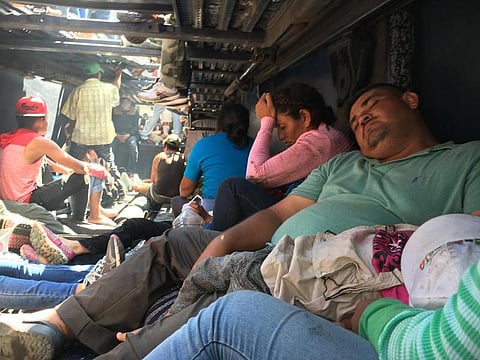
- Home
- Live Blog
- Breaking News
- Top Headlines
- Cities
- NE News
- Sentinel Media
- Sports
- Education
- Jobs

Rome: Hunger, malnutrition, lack of micronutrients, overweight and obesity have the greater impact on people with lower income, women, indigenous people, Afro-descendants and rural families in Latin America and the Caribbean, a new UN report has said. The Panorama of Food and Nutrition Security 2018 report focuses on the close linkages between economic and social inequality and the higher levels of hunger, obesity, and malnutrition of the most vulnerable populations of the region.
According to the report, published on Wednesday, in Latin America, 8.4 percent of women live in severe food insecurity, compared to 6.9 percent of men, while indigenous populations generally suffer greater food insecurity than non-indigenous people. In ten countries, children from the poorest 20 percent of households suffer three times more stunting than the richest 20 percent. The Panorama indicates that one of the main causes of the rise of malnutrition in vulnerable population groups is the changes that the region’s food systems –the cycle of food from production to consumption–have undergone. These changes have affected the entire population, but the most excluded members of society have suffered the worst effects; while many have increased their consumption of healthy foods such as milk and meat, often they must opt for cheap products with high fat, sugar and salt content. Obesity has become the greatest nutritional threat in Latin America and the Caribbean. Nearly one in four adults is obese. (IANS)